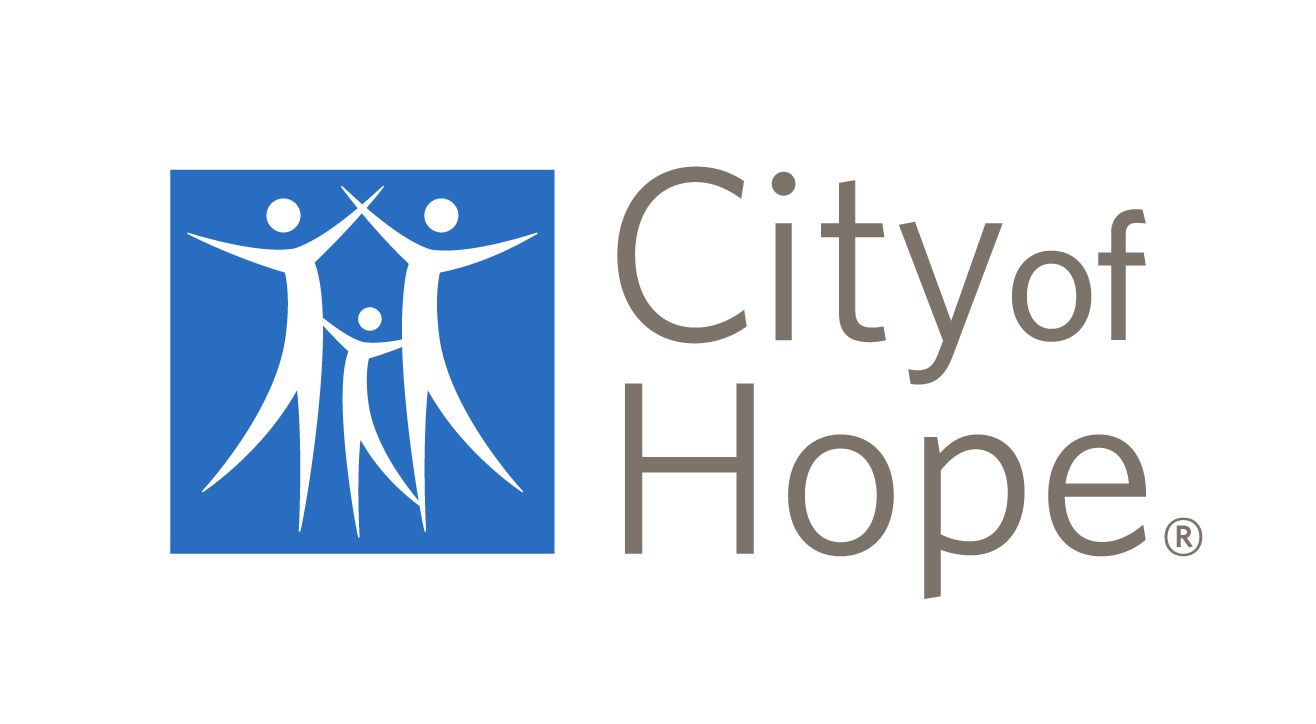- Advertise
- About OncLive
- Editorial Board
- MJH Life Sciences brands
- Contact Us
- Privacy
- Terms & Conditions
- Do Not Sell My Information
2 Clarke Drive
Suite 100
Cranbury, NJ 08512
© 2025 MJH Life Sciences™ and OncLive - Clinical Oncology News, Cancer Expert Insights. All rights reserved.
Dr. Phillips on the Early Implications of Glofitamab Monotherapy in R/R MCL
Tycel Phillips, MD, MPH, discusses the key implications of investigating glofitamab monotherapy in patients with relapsed/refractory mantle cell lymphoma.
Tycel Phillips, MD, MPH, associate clinical professor, Division of Lymphoma, Department of Hematology & Hematopoietic Cell Transplantation, City of Hope, discusses the key implications of investigating glofitamab monotherapy in patients with relapsed/refractory mantle cell lymphoma (MCL).
Data from a phase 1/2 trial (NCT03075696) evaluating single-agent glofitamab in patients with relapsed/refractory MCL who received at least 1 prior line of treatment were presented at the 2022 ASH Annual Meeting. This data demonstrated that the agent elicited an objective response rate (ORR) of 52% (95% CI, 43%-60%), including a complete response (CR) rate was 39% (95% CI, 32%-48%). The median time to CR was 42 days (95% CI, 42-44).
Data from the trial demonstrated the efficacy of glofitamab, Phillips starts, adding that the agent produced a manageable safety profile with step-up dosing and pretreatment with obinutuzumab (Gazyva). Obinutuzumab was utilized to mitigate cytokine release syndrome, and the agent will be considered the pretreatment of choice in patients moving forward, Phillips notes.
Although early data are encouraging, waiting for more mature data will help investigators better understand the potential durability of the remissions, Phillips continues. Continued durable remissions would be a reliable indicator of efficacy for glofitamab monotherapy in this patient population, and it could represent a treatment that can be implemented in the treatment landscape to produce beneficial responses, Phillips explains. Notably, the trial allowed for retreatment of patients who were in remission, allowing investigators to obtain additional information with longer follow-up to understand what role retreatment could play with this agent, Phillips says.
Although investigators are making strides in research for novel therapies for patients with MCL, additional more mature data will provide a better picture of how an agent such as glofitamab could affect the treatment landscape, Phillips says. Additional data from the trial could be ready to be presented at the 2023 ASH Annual Meeting that will shed more light on the durability of responses in this patient population, Phillips concludes.


